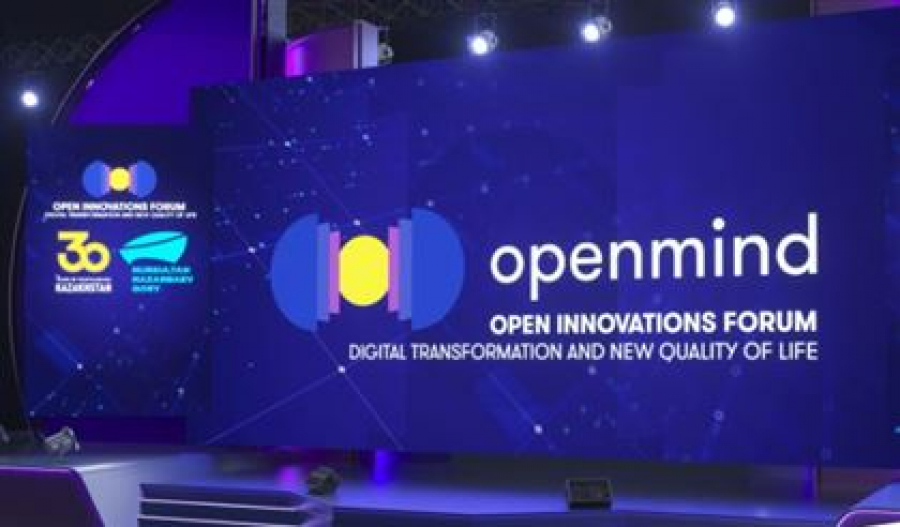Central Asia Nobel Fest: educational trends
The United Nations International Children's Emergency Fund (UNICEF) set an ambitious goal to provide digital education to more than 3.5 billion people. During the Central Asia Nobel Fest, the Global Chief of Education at UNICEF Robert Jenkins spoke about the impact of the pandemic on the field. Due to quarantine measures, over 1.5 billion children were deprived of the opportunity to attend schools. More than 800 million still face these problems. However, there are positive aspects as well, said the expert. A unique opportunity appeared to rethink education and make a jump into the future. This will be facilitated by the introduction of digital technologies and innovations into the industry.
“The digital learning we envision will be the part of a basic basket of essential services we will revolutionize learning and skill development with equity. This means a world class education that is child-centered and skill-based. So, every child, no matter who they are or where they are, has the opportunity to develop foundational, transferrable, digital, entrepreneurial and jump specific skills they need to the future. We have developed the Global Learning Digital Toolkit of world class digital learning solutions that can be tailor to each countries individual context,” said Robert Jenkins, UNICEF Global Chief of Education.
More than 50 leading world experts in economics, education and innovation, including eight Nobel Prize winners and nine winners of “Breakthrough Prize”, will perform at the festival organized as part of the World Science Week. The event, which is taking place online this year, attracted over 20,000 participants. All discussions are available on YouTube.









